
Malicious Attacks on Your Phone? Just Turn Off Your Smartphone, Says NSA
In today’s digital age, smartphones have become an integral part of our lives. From communication to entertainment and productivity, these powerful devices have transformed the way we live and work.
However, with great power comes great responsibility, and securing your smartphone against potential threats is crucial. Surprisingly, one of the simplest yet most effective ways to enhance your device’s security comes straight from the experts at the National Security Agency (NSA). Their recommendation? Turn off your smartphone regularly.
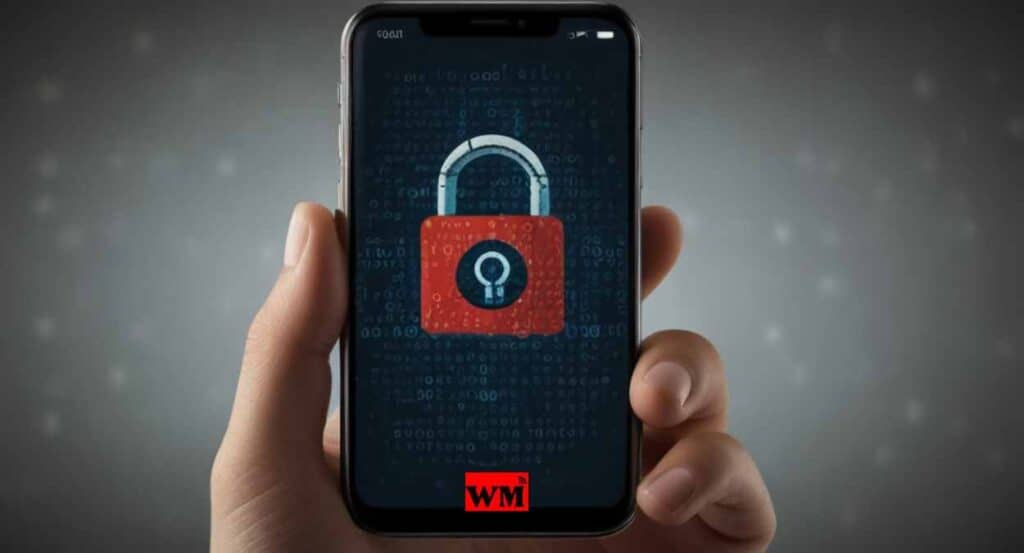
While it may seem counterintuitive in our always-connected world, the NSA advises that completely restarting your smartphone at least once a week can significantly reduce the risk of falling victim to a wide range of cyber threats, including zero-click exploits and malicious attacks. These threats can bypass your device’s security measures and gain unauthorized access to your sensitive information, often going unnoticed until it’s too late.
The Importance of Rebooting Your Smartphone
Regularly turning off and restarting your smartphone is a simple yet powerful step in maintaining its security and optimal performance. This process not only helps eliminate potential security risks but also allows the device’s operating system to refresh and perform its functions smoothly. By following the NSA’s advice, you can take a proactive approach to safeguarding your personal and professional data from cyber threats.
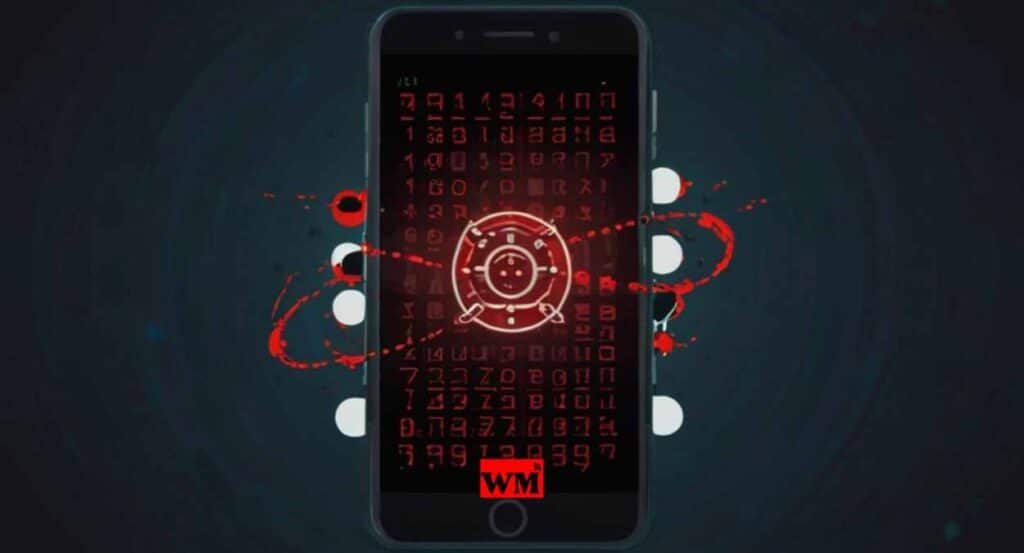
Understanding Zero-Click Exploits and Malicious Attacks
In the ever-evolving landscape of cybersecurity, threat actors are constantly seeking new ways to compromise devices and gain unauthorized access to sensitive information. One such threat is known as zero-click exploits, which can bypass security measures and install malicious code on your smartphone without any user interaction.
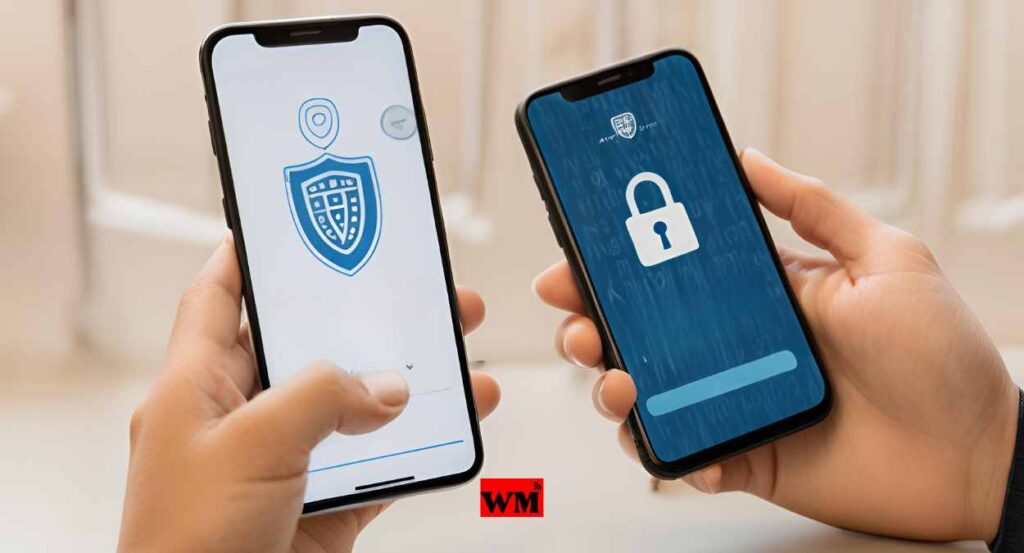
These attacks often begin with a seemingly innocuous missed call or message, which initiates a chain of events that gradually grants the attacker access to your device’s system and data. Once inside, they can then monitor your activities, steal sensitive information, or even take control of your smartphone remotely.

The NSA’s Recommendation: Turn Off Your Smartphone Regularly
To combat these threats, the NSA strongly recommends that smartphone users develop the habit of regularly turning off their devices, preferably at least once a week. By doing so, you effectively disrupt any ongoing malicious processes or exploits that may be running in the background, helping to mitigate potential risks.
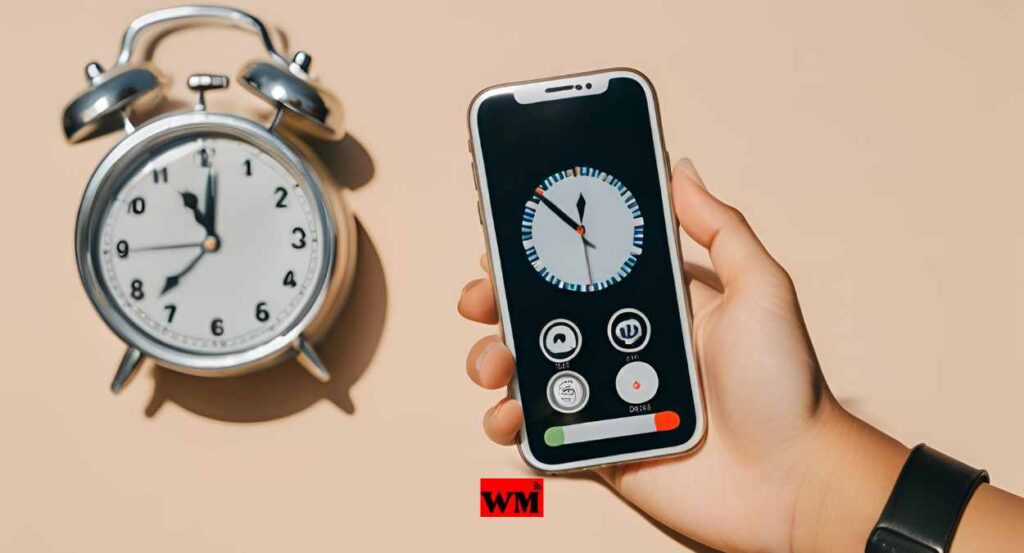
But the benefits don’t stop there. Regularly restarting your smartphone also allows the operating system to perform necessary maintenance tasks, clear temporary files and caches, and optimize performance. This simple action can help ensure that your device runs smoothly and efficiently, providing a better overall user experience.
Checking Your Device’s Uptime
To determine how long your smartphone has been running without a restart, you can easily check its uptime in the system settings. On Android devices, this information is typically found under the “Device” or “Status” section, where you’ll see the uptime displayed in hours.
The NSA recommends restarting your device if the uptime exceeds 168 hours (one week). By following this guideline, you can stay ahead of potential threats and maintain a secure and well-functioning smartphone.
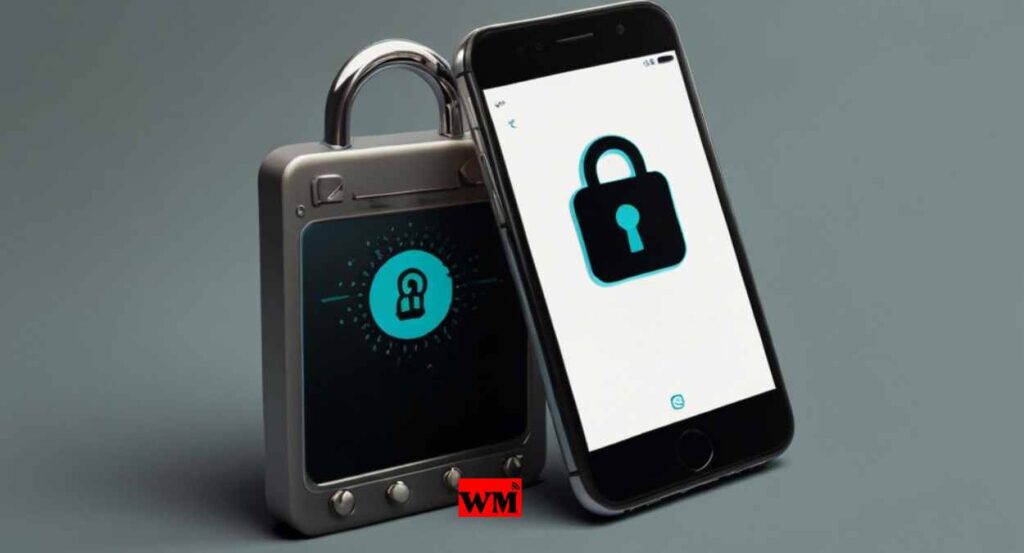
Additional Security Measures for Smartphones
While regularly turning off your smartphone is a simple and effective security measure, it should be combined with other best practices to ensure comprehensive protection.
Here are some additional steps you can take to enhance the security of your device You must follow these recommendation:
- Keep your operating system and apps up to date: Software updates often include critical security patches that address known vulnerabilities.
- Use strong and unique passwords: Opt for complex passwords or passphrases for all your accounts and enable two-factor authentication whenever possible.
- Be cautious with app permissions: Review the permissions requested by apps and only grant access to those that are strictly necessary.
- Enable remote tracking and wiping: In case your device is lost or stolen, remote tracking and wiping features can help you locate or securely erase your data.
- Use reputable security software: Antivirus and anti-malware apps can provide an additional layer of protection against threats.
By implementing these measures alongside regularly turning off your smartphone, you can significantly reduce the risk of falling victim to cyber threats and enjoy a safer and more secure mobile experience.

Frequently Asked Questions (FAQs)
Q. Why is it important to turn off my smartphone regularly?
A. Regularly turning off your smartphone helps disrupt any ongoing malicious processes, eliminates potential security risks, and allows the operating system to perform necessary maintenance tasks, optimizing performance and protecting your device from cyber threats.
Q. What is a zero-click exploit?
A. A zero-click exploit is a type of cyber attack that can bypass security measures and install malicious code on your smartphone without any user interaction, such as clicking a link or opening an attachment.
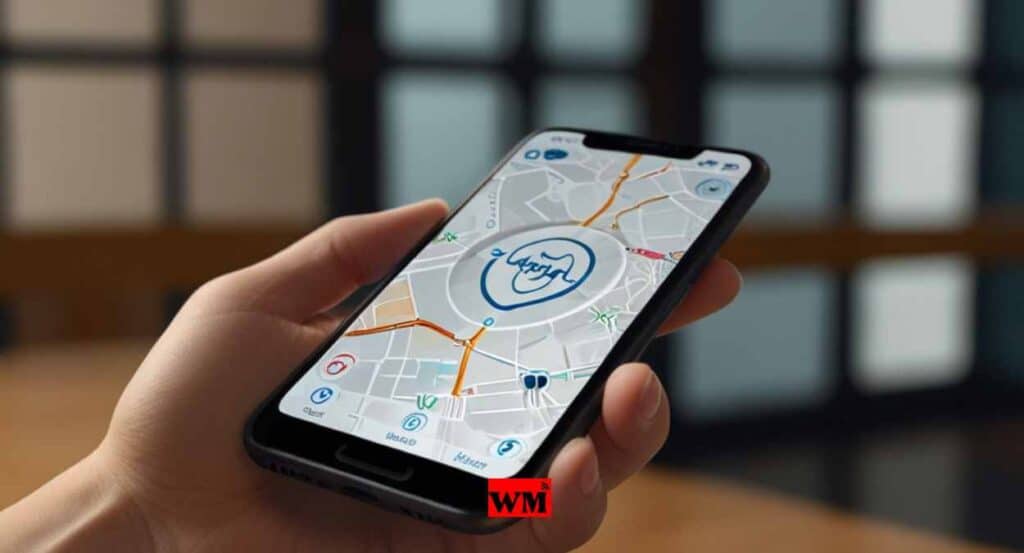
Q. How often does the NSA recommend turning off a smartphone?
A. The NSA recommends turning off and restarting your smartphone at least once a week, or whenever the device’s uptime exceeds 168 hours (one week).
Q. How can I check my smartphone’s uptime?
A. On Android devices, you can check your smartphone’s uptime by going to the “Device” or “Status” section in the system settings, where the uptime is typically displayed in hours.
Q. What other security measures should I take for my smartphone?
A. In addition to regularly turning off your device, you should keep your operating system and apps up to date, use strong and unique passwords, be cautious with app permissions, enable remote tracking and wiping features, and use reputable security software.
Q. Can turning off my smartphone regularly affect its battery life?
A. While turning off and restarting your smartphone does consume a small amount of battery power, the impact on overall battery life is minimal compared to the security benefits it provides.
Q. Is turning off my smartphone regularly enough to protect against all cyber threats?
A. No, turning off your smartphone regularly is just one important step in a comprehensive cybersecurity strategy. It should be combined with other best practices, such as keeping software updated, using strong passwords, and being cautious with app permissions.

Conclusion
In the age of constant connectivity and digital dependence, the NSA’s advice to regularly turn off your smartphone may seem counterintuitive. However, this simple action can have a profound impact on enhancing your device’s security and protecting your sensitive data from malicious attacks and zero-click exploits.
By following the NSA’s recommendation to restart your smartphone at least once a week, you disrupt any ongoing malicious processes and allow your device’s operating system to perform necessary maintenance tasks, ultimately optimizing performance and mitigating potential risks.
Remember, while turning off your smartphone is an essential step, it should be combined with other security best practices, such as keeping software up to date, using strong passwords, and enabling remote tracking and wiping features. By taking a proactive and comprehensive approach to smartphone security, you can enjoy the convenience and capabilities of these powerful devices while minimizing the risks associated with cyber threats.
Watch the Web Story on NSA’s Top Tips to Secure Your Smartphone
Disclaimer
The information provided in this article is for educational purposes only and should not be considered as professional advice. Always consult with experts at Wini Media for your specific needs.
Also Read:
Meet Prafulla Dhariwal: The Pune Prodigy Behind OpenAI’s Revolutionary GPT-4o
The Alarming Rise of Neurological Disorders: A Global Health Crisis
Google’s Urgent Warning: Is Your Google Drive Data Really Safe?
Meet Devin, The AI Software Engineer Shaping the Future of Coding
Deepfakes: The New Face of Online Misinformation and How to Tackle It































